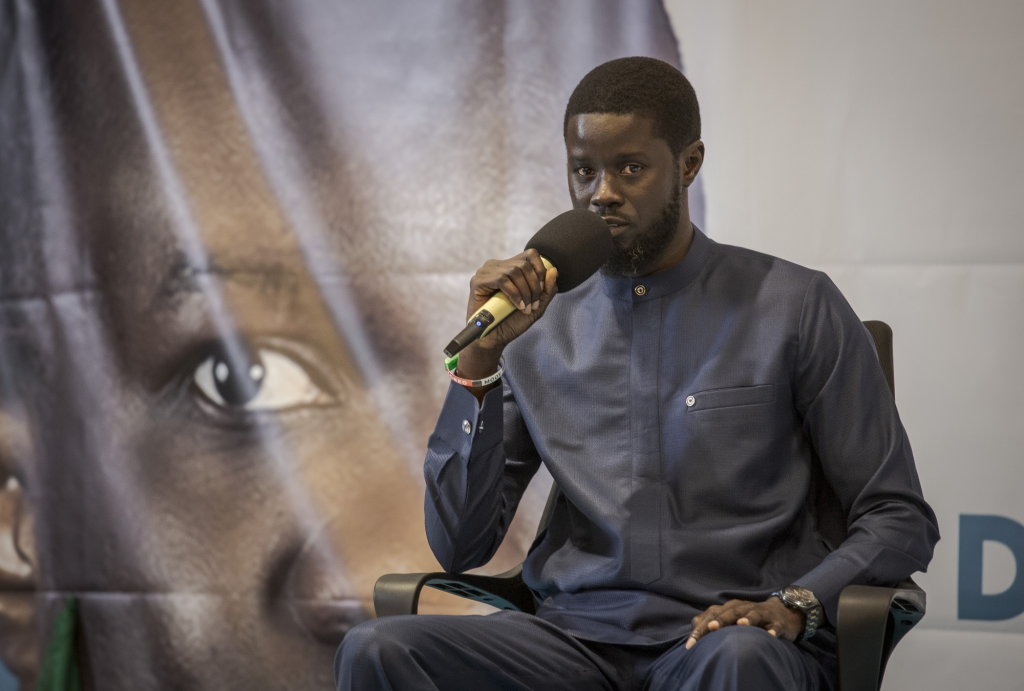
Bassirou Diomaye Diakhar Faye, Amadou Ba, Khalifa Ababacar Sall and Aliou Mamadou Dia are the only candidates out of 19 to have exceeded 44 thousand votes. How were the 15 other candidates able to pass the sponsorship filter?
By Malick GAYE – The Vote Census Commission announced the results of last Sunday’s vote. Bassirou Diomaye Diakhar Faye and Amadou Ba carried out a raid. The first two managed to have 90.07% of the votes. The elected head of state obtained 54.28% and his second 35.79%. The other 17 candidates shared 9.93% of the votes. Of the 17 candidates, only Aliou Mamadou Dia and Khalifa Sall managed to collect more than one percent of the votes. They respectively obtained 2.80 and 1.56% of the valid votes cast. There were more than 7 million Senegalese called to choose their President, 4 million 519 thousand 253 voters voted, bringing the participation rate to 61.3%, and 3991 invalid ballots were recorded.
Against all expectations, the majority candidate only won 4 regions out of 14. These are Matam, Kédougou, Kolda and Tambacounda. The ten others fell into the hands of the ex-Pastef candidate. These results have finally exposed the sponsorship system. Indeed, apart from Khalifa Sall, Amadou Ba, Diomaye Faye and Habib Sy, the other candidates had chosen citizen sponsorship. They were asked to present at least 44 thousand sponsors and at most 58 thousand. Something they managed to do to pass this filter. However, in view of the results, it is necessary to question the sincerity of the sponsors.
In fact, only the first 4 in the ranking were able to match or exceed the number of sponsors that had been imposed on them. Established in 2017, sponsorship was to avoid having plethora of lists of candidates. Considering the results, this system does not seem to be able to fully play its role or the politicians have found a way to circumvent it. Otherwise how can we explain that a candidate who passed this filter could not have had at least the same number of votes? However, this recalls the debate on the fact that one can sponsor an individual, without however voting for them in the election. Which may have been the case here. Furthermore, Khalifa Ababacar Sall, who had chosen parliamentary sponsorship, explained his option in these terms: “I chose parliamentary sponsorship because that with citizens is not reliable. People use old electoral files to fill out their forms. Others buy signatories through women’s or youth groups. We really need to review citizen sponsorship, because it is not sincere and representative.”
Did the 15 candidates who were unable to cross the sponsorship percentage threshold buy signatures or did they copy from old files? While waiting to see things more clearly, we can already say that activism has lost its letters of nobility. A seasoned politician who cannot gather 44,000 votes for his name or his program should hardly think of leading the country. In other words, if we cannot convince 44 thousand people, how can we find a majority among 7 million?
On the other hand, we can “marvel” at how things can change in 5 years. The Pur candidate, Mr. Issa Sall, obtained more than 5% in 2019. And Ousmane Sonko, for his first participation, ranked third among the candidates, with around 19% of the votes. Today, his lieutenant passed with flying colors in the first round, while their Pure allies, with an electoral pool that has barely changed, saw their candidate Aliou Mamadou Dia collapse in a rather dramatic way.


